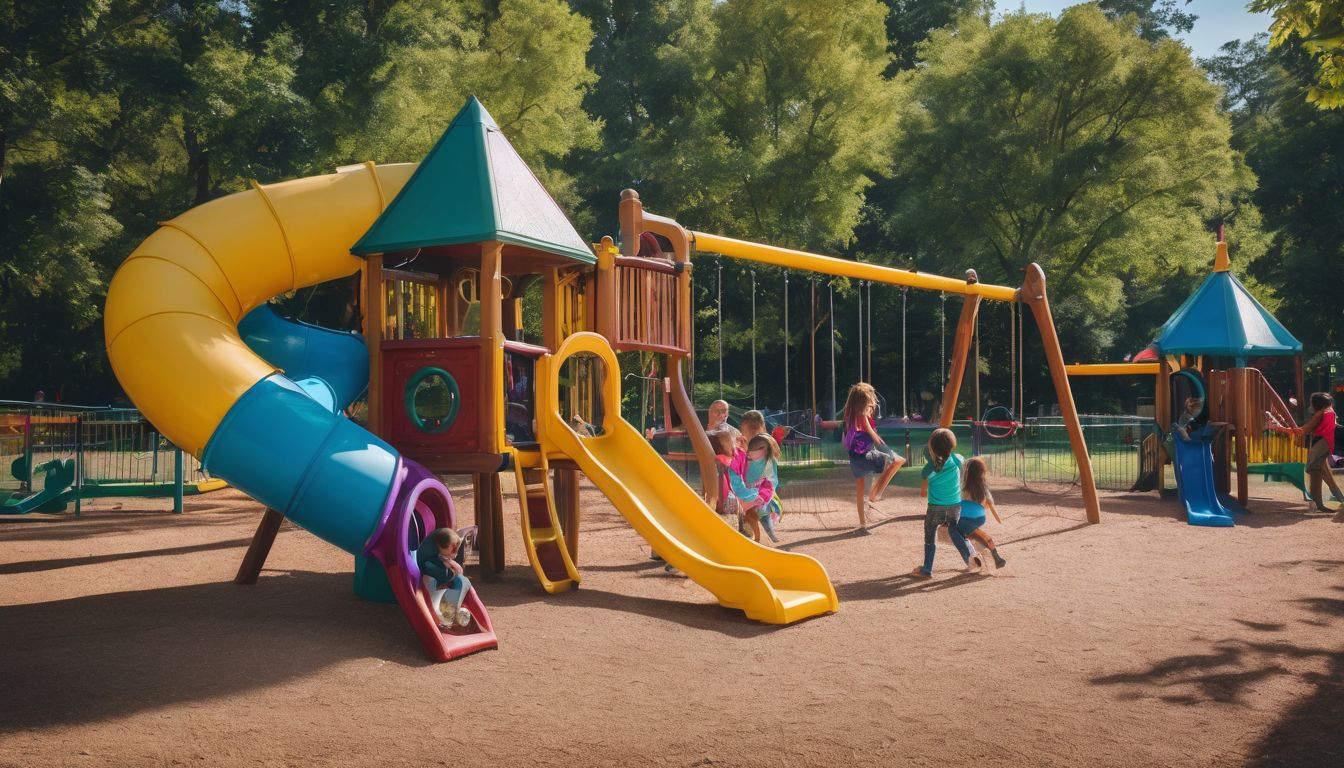Drinking alcohol is a common social activity, but it’s essential to know your limits. Almost 18 million adults in the UK consume more than the recommended daily limit of alcohol. This article will equip you with effective strategies to ensure responsible drinking and prevent potential alcohol abuse.
Ready for change?? Let’s dive in!
Key Takeaways
- Reduce your own drinking by choosing healthier alternatives, eating before drinking, and monitoring your alcohol intake to ensure responsible drinking habits.
- Learn about the benefits of drinking less, such as saving money and improving sleep and mood.
- Follow recommendations from the Community Preventive Services Task Force, which include increasing taxes on alcoholic beverages and regulating alcohol sales to prevent excessive use.
- Implement school – based programs like Project Northland to educate young people about the risks of alcohol abuse and develop skills to resist peer pressure.
- Involve families through family-based approaches like “Reduce Underage Drinking: A Collective Responsibility” to promote responsible drinking behaviors among young individuals.
- Embrace community – based strategies that focus on educating individuals on the harms of alcohol use at different life stages and creating social environments that discourage excessive consumption.
- Avoid scare tactics or punitive measures in prevention efforts; instead, focus on evidence-based approaches that address underlying factors contributing to alcohol abuse.
How to Contribute to the Prevention of Excessive Alcohol Use

To prevent excessive alcohol use, individuals can reduce their own drinking, regularly check their drinking habits, and learn about the benefits of consuming less alcohol.
Reduce your own drinking
 Drink less beer to improve your life. You’ll feel better and save money. It can also help you sleep well at night. Always eat before drinking, and drink water too. Try not to mix beer with sweet drinks or energy boosters.
Drink less beer to improve your life. You’ll feel better and save money. It can also help you sleep well at night. Always eat before drinking, and drink water too. Try not to mix beer with sweet drinks or energy boosters.
This is better for your health and makes you feel good the next day.
Check your drinking

To be a responsible beer drinker, it’s important to check your drinking habits. This means keeping track of how much you’re consuming and being aware of any negative effects it may have on your health and well-being.
Checking your drinking can involve monitoring the number of drinks you have in a day or week, as well as paying attention to how alcohol affects your body and mood. It’s also essential to know what constitutes a standard drink size so that you can accurately measure your intake.
By regularly assessing and monitoring your alcohol consumption, you can make informed decisions about when and how much to drink, ensuring that you stay within healthy limits. Taking this approach helps promote responsible drinking behavior while reducing the risks associated with excessive alcohol use.
Learn more about the benefits of drinking less alcohol

Drinking less alcohol can bring many benefits to your life. It can save you money, make you feel happier, and improve your sleep. When you cut back on drinking, you’ll notice that your bank account starts to thank you.
You’ll have extra cash for other things that matter to you. Not only that, but reducing alcohol consumption can also boost your mood. When you drink less, you’re more likely to feel positive and upbeat.
Additionally, getting a good night’s sleep becomes easier when alcohol isn’t interfering with it. By cutting back on drinking, you open up the possibility of having a more restful and rejuvenating sleep each night.
Community Preventive Services Task Force Recommendations

The Community Preventive Services Task Force has come up with recommendations to prevent excessive alcohol use. These recommendations include increasing taxes on alcoholic beverages, regulating the number of places that sell alcohol, and enforcing age limits for buying alcohol.
They also suggest using electronic screening and brief interventions to identify and help people who are drinking too much. Another important recommendation is implementing policies that restrict alcohol advertising, especially targeting young people.
By following these recommendations, we can work towards reducing alcohol abuse in our communities.
School-Based Approaches

One effective school-based approach for preventing underage drinking is Project Northland. Click here to learn more about this successful program and how it can make a difference in your community.
Project Northland

Project Northland is an effective school-based program that aims to prevent alcohol abuse among young people. It focuses on teaching students about the risks and consequences of drinking too much alcohol.
The program also helps them develop skills to resist peer pressure and make responsible choices when it comes to drinking. Research has shown that Project Northland can reduce underage drinking and related problems, such as drunk driving and risky sexual behavior.
By implementing this program in schools, we can help create a safer environment for our youth and encourage responsible drinking habits.
Family-Based Approaches

Implementing family-based approaches is crucial in preventing alcohol abuse among young individuals. These approaches, such as the program “Reduce Underage Drinking: A Collective Responsibility,” aim to involve families in promoting responsible drinking behaviors and educating them about the potential risks associated with alcohol consumption.
Reduce Underage Drinking: A Collective Responsibility

Preventing underage drinking is a responsibility that we all share. By working together as a community, we can make a difference in the lives of young people. Educating parents, teachers, and other adults is crucial to reducing alcohol abuse among minors.
It’s important to provide accurate information about the risks and consequences of underage drinking. Strategies such as enforcing laws that restrict the sale of alcohol to minors and promoting responsible hosting at parties can also help prevent underage drinking.
We must work together to create an environment where young people are educated about the dangers of alcohol and feel supported in making healthy choices.
Community-Based Approaches

Community-based approaches are an effective way to prevent alcohol abuse among minors and promote responsible drinking behavior.
Key Elements of Effective Alcohol Prevention Approaches for Minors

Effective alcohol prevention approaches for minors include various key elements. Educators can play a crucial role by providing accurate information about the harms of alcohol and drug use.
Governments can take leadership roles, create awareness, and commit to reducing harmful alcohol consumption. Intervention strategies focus on reducing supply and demand while minimizing harm to individuals, families, and communities.
It is important to identify age-appropriate strategies that address specific life stages. Additionally, educating individuals on refusing offers of alcohol and making informed decisions about drinking is essential in preventing underage drinking.
Strategies That Work

Effective strategies for responsible drinking and preventing alcohol abuse include creating social environments that discourage excessive consumption, promoting accurate and reliable information about the risks of alcohol use, and implementing intervention strategies to reduce harm.
These strategies aim to address not only individual behavior but also the societal factors that contribute to alcohol abuse. By reducing supply and demand, educating individuals on safe drinking practices, and fostering a culture of responsible consumption, we can minimize the impact of alcohol abuse on both individuals and society as a whole.
It is important to note that these strategies are aimed at promoting moderation rather than abstinence, recognizing that responsible drinking is possible when informed choices are made.
Strategies That Do Not Work

Some strategies that do not work in preventing alcohol abuse include scare tactics, such as showing graphic images or sharing exaggerated stories to discourage drinking. Punitive measures like strict punishments and fines also tend to be ineffective.
Additionally, simply providing information about the negative consequences of alcohol use without offering practical alternatives is unlikely to bring about lasting change. It is important to focus on evidence-based prevention approaches that address the underlying factors contributing to alcohol abuse and provide individuals with the necessary skills and support to make responsible choices regarding their drinking habits.
Conclusion

In conclusion, by reducing our own drinking, checking our alcohol intake, and learning about the benefits of drinking less, we can contribute to preventing excessive alcohol use. Implementing school-based approaches like Project Northland and family-based approaches such as “Reduce Underage Drinking: A Collective Responsibility” are also effective in tackling this issue.
In addition, community-based strategies that focus on key elements for minors can help prevent alcohol abuse. Together, these strategies can create a safer environment and promote responsible drinking behavior.
FAQs
1. How can I practice responsible drinking?
You can practice responsible drinking by setting limits for yourself, pacing your drinks, and avoiding excessive consumption.
2. What are some strategies to prevent alcohol abuse?
Some strategies to prevent alcohol abuse include knowing your limits, surrounding yourself with supportive friends, and finding alternative activities to engage in instead of drinking excessively.
3. Can I still have fun while practicing responsible drinking?
Yes, you can still have fun while practicing responsible drinking by focusing on socializing and enjoying the company of others rather than solely relying on alcohol for entertainment.
4. Are there any health risks associated with excessive alcohol consumption?
Excessive alcohol consumption poses several health risks such as liver damage, cardiovascular problems, increased risk of accidents or injuries, and addiction. It’s important to drink responsibly to safeguard your well-being.
